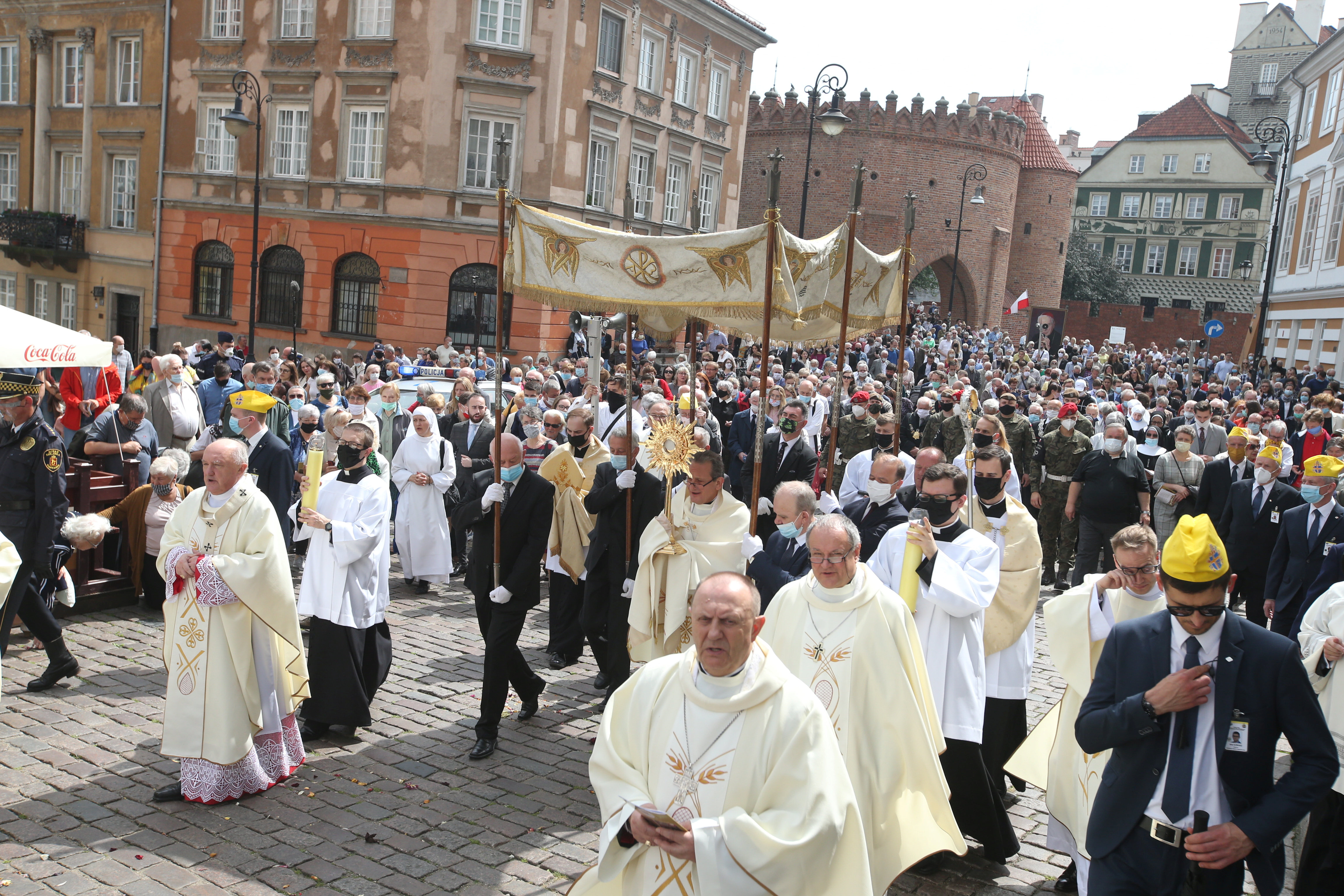Faction, friction and fraction. Since the beginning of time, divisions have been around. The early Church in Corinth, in particular, was a hotbed of tension and disputes. Groups forming allegiances around personalities in the Church. Arguments about eating meat offered to idols. Disagreements over whose spiritual gift was more important.
Not surprising in some ways. As a commercial center in the ancient world, Corinth was a veritable melting pot of diversity. Residents encompassed a multitude of nationalities and ethnicities of the known world: Jews, Greeks, Romans, and Orientals. The city was adorned with pagan temples to various gods and goddesses of Egypt, Rome and Greece. In the Church itself, slaves and poor mingled with freed men and the upwardly mobile, as well as the “well-born” and elite of society. Women even held some roles of authority, despite never being completely independent under Roman law.
Human nature being what it is, there were bound to be some conflicts.
Fast forward 2,000 years, we are not immune to dissension. Over the past few weeks, I have been disturbed by some attacks on social media by Christians toward other Christians. Given the recent incidents in our country, I recognize the need to voice our different beliefs, especially against acts of injustice. I also appreciate that our distinct views reflect a diversity of backgrounds, cultures, levels of education, and economic status. Even our different spiritual gifts.
One of the dangers we face in a diverse society is living in an echo chamber, where we only encounter beliefs or opinions that coincide with our own. This leads to a kind of parochialism, where our existing views become reinforced and alternative ideas discarded.
But the friction starts when we deliberately divide and entrench ourselves into opposing camps or factions, resulting in polarization. We then label another person or explain the behavior of others in exclusively negative terms. Instead of listening and trying to discern where the other person is coming from, we immediately assume our opponents are just evil or stupid.
St. Paul was quite aware of the numerous factions and fractions within the Church at Corinth. Yet he continually urged them toward unity.
How did he do this? First, Paul acknowledged the existence of divisions and factions in the Body of Christ (1 Corinthians 11:18-19). He almost expected it, given the diversity of those within the Church.
But faction and friction do not necessarily lead to fraction. For example, when Paul and Barnabas disagreed about John and Mark in Acts 15:36-41, the conflict does not distract, but propels them into new regions to further spread of the Gospel.
Paul further grounded Christian unity in the reception of the Eucharist. In 1 Corinthians 10:14-16, he connects the cup of blessing and broken bread with the blood and body of Christ. These two actions are described as a participation or communion (koinonia). As I mentioned in my previous article, koinonia can mean fellowship or communion, belonging, participation, partnership, or even “sharing in.”
Not only is there a mysterious individual participation, communion, and fellowship with Jesus himself in the Eucharist, but also a communal bond. We become part of the whole Mystical Body of Christ. This has radical implications for how we see ourselves and each other.
Within the Body of Christ, in a sense, all things are now new. While we do not forget or reject our cultural ethnicity or gender, no longer is our identity primarily bound up with or defined by these classifications. We are no longer Jew or Greek, slave or free person, male or female; black or white, Republican or Democrat. Rather, our identity as a son or daughter in Christ transcends these labels and categories.
Further, as Paul states, “because the loaf of bread is one, we, though many, are one body, for we all partake of the one loaf” (1 Corinthians 10:16b). This means we all share that same dignity, value, and worth. We share a new fundamental identity and unity in the Church.
Using Paul’s method, what can we take away as we celebrate the Solemnity of the Body and Blood of Christ? First, consider how you identify yourself. Do you see yourself first as a son or daughter in Christ? Secondly, how do you view others? Does your image align with God’s image of them? Thirdly, do you tend to focus on differences or similarities? Do your actions serve to build up unity among your fellow brothers and sisters in Christ?
May the graces of the Eucharist transform our factions and frictions into a fruition of koinonia.
Tamra Hull Fromm, Ph.D., is director of discipleship and an instructor with the Catholic Biblical School of Michigan and has taught at Sacred Heart Major Seminary in Detroit.










